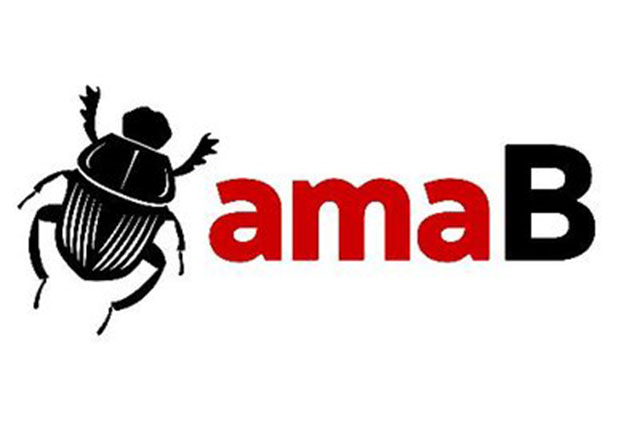Illustration: Lisa Nelson
By Tania Broughton
GroundUp
- The Gauteng High Court has set aside the “gagging order” brought against amaBhungane by the Moti Group.
- Judge Roland Sutherland said the Moti Group had abused the court process by bringing an unjustified ex parte application.
- He ordered the Moti Group to pay costs on a punitive scale.
A “gagging order” obtained by the Moti Group against investigative news agency amaBhungane has been set aside in its entirety.
Gauteng High Court Deputy Judge President Roland Sutherland has also ordered the Moti Group to pay the costs on a punitive scale.
The “gagging” order granted by Judge John Holland-Muter on 1 June, following a secret, in chambers, ex parte hearing, effectively stopped amaBunghane from using documents about the Moti Group as the basis for articles in a series labelled #MotiFiles.
The original order also directed the journalists to return all the documents within 48 hours. This was revised following an urgent high court application launched by amaBhungane two days later, at which the parties agreed to an order that amaBhungane would not destroy or alter the documents.
AmaBhungane then launched another urgent application, seeking to overturn the order in its entirety, which was heard by Judge Sutherland last week.
In his ruling on Monday, the judge said the ex parte application had been an abuse of the process of the court and “no cogent case” had been made out by the Moti Group for either the return of the documents or the gagging order.
Judge Sutherland said ex parte applications were rare and the rules of court made provision for urgent reconsideration of such orders.
He said much of what was argued in the application before him involved the “age-old debate” about the scope which ought to be allowed to the media to snoop uninhibited into the affairs of people and entities, and publish information about them that reveals to the world what those being reported on would prefer to remain unknown.
A key dimension of effective investigative journalism is receiving information from sources who wish to remain anonymous.
The function of the courts was to uphold an appropriate balance between the rights of privacy and confidentiality, and public interest in a free flow of news, especially when it was exposing skullduggery.
However, he said, “the elephant in this case is not press freedom or a violation of privacy”.
“Rather it is a most egregious abuse of the court process. It is manifest that the order granted on 1 June should never have been sought ex parte, still less granted.
“There is not a smidgeon of justification for it being sought ex parte,” he said.
The Judge noted that there had been ongoing correspondence for months between lawyers for the Moti Group and the journalists.
“Throughout a period of three months of verbal jousting, the points of contestation between the parties were articulated repeatedly.
“An undertaking had been given to preserve what the respondents [amaBhungane] had. A reason for not showing the documents was given by the respondents, i.e. the protection of sources.
“These facts demonstrate an egregious example of the abuse of the ex parte procedure … and courts cannot tolerate abuse of the process.
“A sincere belief [as was stated in the founding affidavit in the ex parte application] that the respondents would destroy any documents is hard to credit.”
The judge said the journalists’ lawyers had also given an undertaking not to destroy the documents and had expressed caution against making an order behind their backs. Yet the Moti Group had done just that.
He said submissions by the Moti Group, that the documents had been “stolen” by an erstwhile employee, Clinton Van Niekerk, and that the journalists, were accomplices to the theft, were incorrect.
He said there was overwhelming support that contraband information in the hands of journalists was a positive and necessary good in society.
“In contemporary South African society there could be a cogent argument advanced that such activity is an essential good without which our country cannot crawl out of the corrupt morass in which we find ourselves.”
He said protecting sources was not optional and a South African court must not shut the mouth of the media unless there were fact-specific circumstances which convincingly demonstrated that the public interest was not served by such publication.
Judge Sutherland said in law, as a general principle, a journalist should not unmask a source and any interdict to restrain publication must be brought on appropriate notice.
The costs order, he said, was a consequence of the Moti Group’s abuse of the process of court.
Follow African Insider on Facebook, Twitter and Instagram
Picture: Twitter/@amaBhungane
For more African news, visit Africaninsider.com
Compiled by Betha Madhomu



